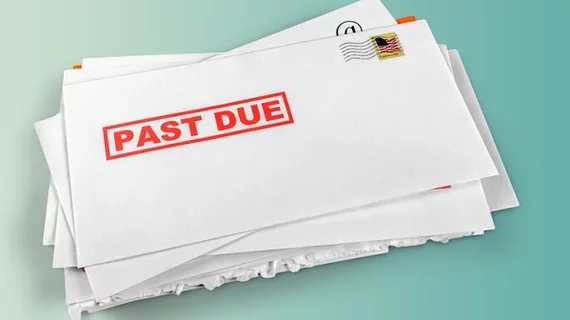CMS has received 12,000 complaints over No Surprises Act noncompliance—most were valid
The Centers for Medicare & Medicaid Services (CMS) has issued a report on compliance and consumer complaints related to the No Surprises Act. The report is current as of June 2024.
According to the data, the agency has received more than 12,077 complaints related to noncompliance with the No Surprises Act specifically. Of those, 10,300 were made against providers and air ambulance services. The rest were for surprise bills from insurance plans.
Most complaints were linked to in-network charges patients received from providers and air ambulance services that exceeded expectations. For health plans, the top complaint was correlated to insurers not paying the expected amount for qualified care.
In total, 35% of cases were closed without finding any entity to be in violation of law, and more than 3,000 complaints remain open. However, CMS added that it has been able to claw back $4.18 million in consumer relief to resolve the remaining complaints.
“Through the CMS investigation process, CMS has directed plans, issuers, providers, health care facilities, or providers of air ambulance services to take remedial and corrective actions to address instances of non-compliance, which has resulted in approximately $4,183,383 in monetary relief paid to consumers or providers,” the report reads.
The No Surprises Act went into effect Jan. 1, 2022, with the stated aim of improving healthcare price transparency. CMS began collecting complaints related to compliance at that time.

